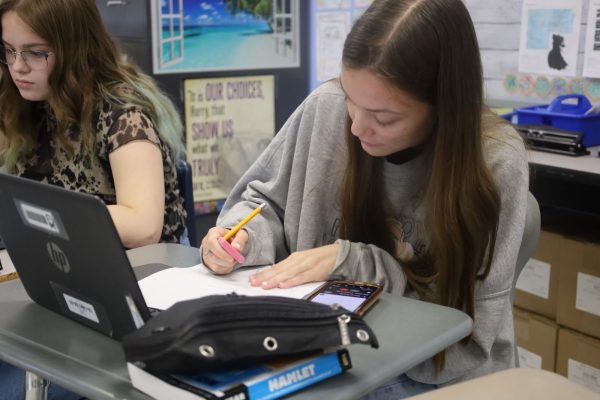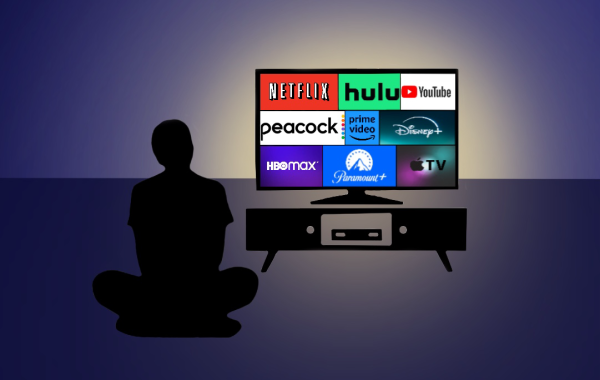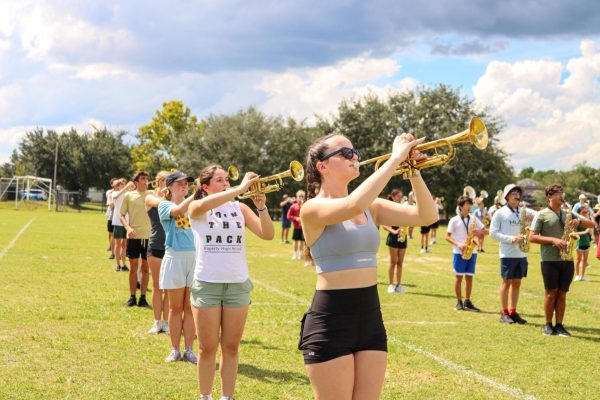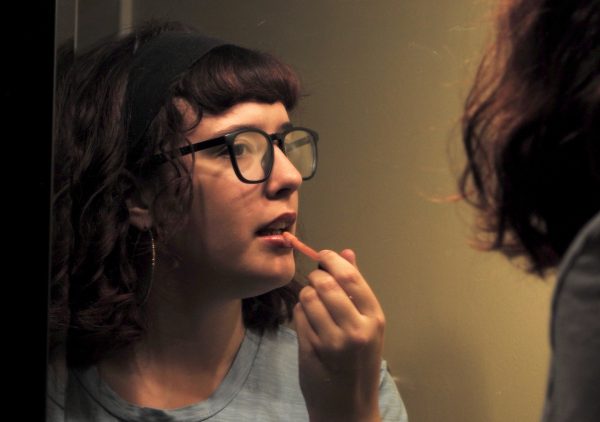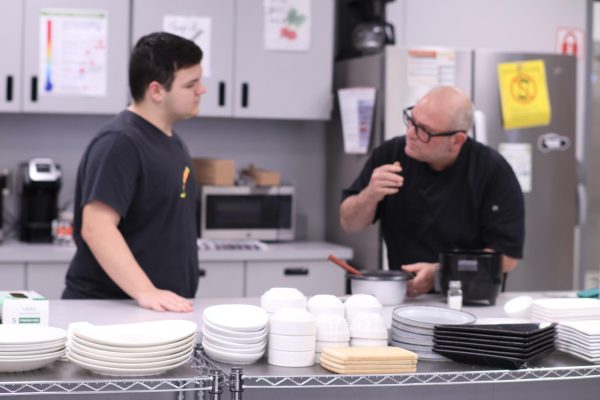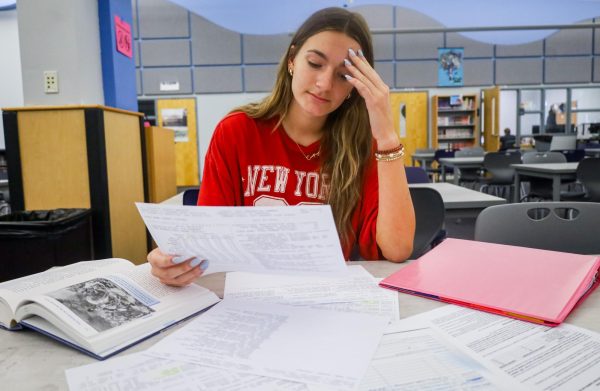It’s personal
Students compare the validity of different personality tests
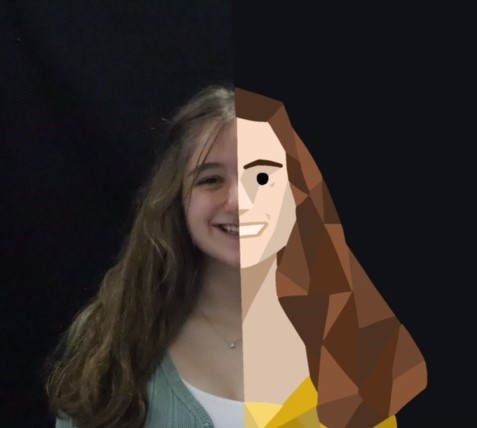
photo by Alexis Madlang
Sophomore Sophie Logalbo matches with the ENTP personality type on the SixteenPersonalities test. The test determines the types of takers by taking into account traits like introvertedness and personal values.
We spend every minute of every day with ourselves. Privy to the knowledge of our favorite food and our darkest secrets, it seems that we should know everything about us, yet the popularity of personality tests suggest otherwise.
Ranging from the Myers-Briggs Type Indicator to the “What Bread are You?” quiz on Buzzfeed, the Harvard Business Review notes that personality tests have been around since World War 1. The sheer variety appeals to those looking for entertainment and others wanting a semi-accurate perception on what their different traits and mannerisms mean.
For sophomore Gabby Bornelus, these quizzes are a way to assess personal development and provide a different perspective on herself.
“We are still growing as people and trying to figure who we are and where we belong,” Bornelus said. “I think it helps a little bit to see what something or somebody else considers us to be.”
Bornelus found out about personality tests in middle school and became immediately obsessed, admitting she took them “religiously.” She would primarily take those on Buzzfeed, which is a popular source for non-serious quizzes based on pop culture; it is generally known for its playful and often ridiculous topics, not for its accuracy.
“I will usually only take the quizzes out of complete boredom,” sophomore Sophia Logalbo said. “From those, I have found basically nothing. What am I supposed to do with the information that I am apparently pumpernickel bread?”
Compared to its sillier counterparts, students trust the lengthier, more “scientific” tests like the MBTI and the Enneagram to give them an accurate analysis. These tests categorize takers into certain personality archetypes or sections. The MBTI has sixteen personality types under four general areas, while the Enneagram organizes a person into nine different sections, giving a percentage for each.
“I think there is validity to them because of how the results reflected on myself. Obviously results are not 100% right all the time, but there is usually some sort of truth to them,” senior Taylor Gilman said.
Personality tests are often criticized for not having empirical evidence. While it is true that there is a lack of statistical research compared to subjects like biology and economics, LiveScience journal stated in 2019 that they do have psychological value. Gilman took the SixteenPersonalities test (MBTI) in AP Psych during junior year, and agreed that her results matched many details about her real personality.
AP Seminar teacher Lydia Allen believes that the tests must have some science to them and she uses them in her classes to help students form efficient groups. The coursework involves a lot of group work and cooperation, so Allen has each student take the test to better gauge who should fill which position.
“There has to be some sort of science to that or an algorithm or something out there. They are used in so many different spaces, such as corporate America,” Allen said. “ I give [my students] an opportunity to really put words to their strengths and weaknesses by using the personality tests, and it’s very telling.”
Allen uses the SixteenPersonalities test for her students; this one of the most popular websites for the MBTI, with millions of takers according to VOX magazine in 2015. Other companies do offer the same type of test, but are lesser known.
The same can be said for other types of tests; for example, there are a multitude of career aptitude tests that have no real frontrunner, unlike the MBTI. Some have paywalls, while others are free. This leaves it up to the test taker to gauge the credibility and accuracy of each company and website offering a personality quiz.
Logalbo took a YouScience career test and was let down, finding that her answers and values did not match the suggestions she matched with.
“I have never really had a strong emotional reaction to a result of a quiz, but the career aptitude test, which I actually paid for given its credible reputation, was disappointing,” Logalbo said.
While there are multiple opinions and beliefs, one thing is guaranteed. Cheating will skew any test result, whether it be a test on your inner Disney Princess character or whether you are an introvert or an extrovert.
“We all have flaws that we are not proud of and it is hard to admit them, so these kinds of traits might not be accurately represented on a personality test that is self-taken,” Gilman said.
Ultimately, it is up to the individual on what test they take and how they approach it. However the goal is common: finding out more about one’s self.
“The best part is seeing how some questions I answered figured me out as a person. It is just so cool to kind of understand yourself a little bit more,” Bornelus said.
Your donation will support the student journalists of Hagerty High School. We are an ad-free publication, and your contribution helps us publish six issues of the BluePrint and cover our annual website hosting costs. Thank you so much!


